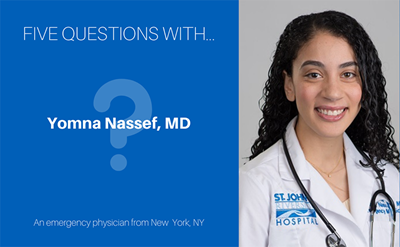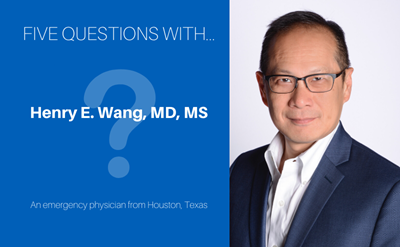This pandemic will continue to have a profound effect on everyone, physically, mentally, and emotionally. These challenges can be especially difficult for people battling opioid addiction. How has COVID-19 impacted the opioid epidemic?
The nation’s fight against opioid use disorder (OUD) has been disrupted by the pandemic, like so many aspects of our lives. It might surprise people to hear that during the spring months in northern New Jersey—one of the epicenters of the COVID-19 pandemic—emergency departments saw almost no OUD patients. Many physicians believe it is likely that people were using opioids in isolation. This becomes riskier as the pandemic may be limiting contact with people’s usual support systems or programs, friends or family.
A June Centers for Disease Control and Prevention (CDC) survey revealed 13 percent of respondents started or increased their use of a substance due to the elevated stress brought on by COVID-19. And, an American Medical Association Issues Brief from early October stated more than 40 states are experiencing an increase in opioid-related deaths. But we must not get discouraged.
The pandemic has brought about some positive changes. Regulatory agencies are making it easier for emergency physicians and others to start patients on lifesaving medications like buprenorphine through Medication Assisted Treatment (MAT). Some physicians can now use telehealth for the first interaction with a patient. Changes like this can significantly improve access to care, and I hope our progress continues.
Most people know that an emergency physician provides lifesaving care. It might surprise some patients to learn that the emergency department has an important role in prevention, too. What has your experience revealed about the role of the emergency physician in the fight against opioid misuse?
Pain does not follow banking hours, and emergency physicians are on the frontlines of treating and preventing pain 24/7. The medicine that we give on that first encounter can set the stage for what the patient receives next—if a patient never receives opioids, they will never misuse them. The primary goal in every emergency department should be to use opioids sparingly.
The new Pain and Addiction Care in the Emergency Department (PACED) accreditation program from the American College of Emergency Physicians (ACEP) accreditation program outlines what high quality pain and addiction management should look like in the emergency department. I am proud to have helped develop this program to recognize and enhance the numerous ways that emergency physicians provide safe and effective pain and addiction care in the community.
The last few months have tested the training and spirit of every emergency physician. What have you seen recently that inspires you to continue making a difference in patient’s lives?
We save lives when we initiate MAT in the emergency department. Early intervention with MAT helps patients live longer and makes it more likely they remain in treatment. I am motivated to make sure that Congress and regulatory agencies do everything they can to increase patient access to MAT.
My emergency department’s peer recovery coaches inspire me every day. They show me the value of compassion and remind me that every single life is worth fighting for.
Pain management is a rapidly changing and increasingly important area of expertise. What would you like people to know about the future of this field?
This is a rapidly growing field and emergency physicians will be making a difference in the fight against OUD. We do not need to rely on opioids as a single intervention in the emergency department. But we must make sure patients get the care they need. By removing obstacles to treatment, more emergency physicians will be able to influence change and impact the lives of patients in our communities.
You are a frequent and exceptional public speaker and lecturer. Let’s turn the tables. If you could attend a speech by any person past or present, who would it be? What question would you ask?
Margaret Higgins Sanger (1879-1966) would be my pick. She was a nurse who revolutionized women’s rights by advocating for the legalization of contraception for women. She was maligned and persecuted, but she persisted. Her work led to modern organizations like Planned Parenthood. It amazes me when people have such passion that they continue to fight despite insurmountable odds. I want to ask her how she kept going.
Alexis M. LaPietra, DO, FACEP, Chief of Pain Management/Addiction Medicine at St. Joseph’s University Medical Center, Chair, PACED Board of Governors
 American College of Emergency Physicians
American College of Emergency Physicians







